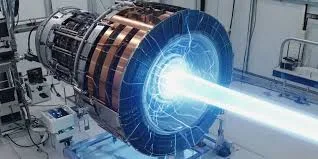The US Constitution outlines the structure of the US Government. How is power shared in the USA?...
Here’s some of the best advice for new generations or youth:
The Sun plays a crucial role in human life, providing us with essential energy and resources. Here’s...
The Indian Railways faces several challenges in providing proper arrangements during festival rush: 1. Overwhelming Demand: *...
An inverter converts direct current (DC) electricity from sources like batteries, solar panels, or fuel cells into...









